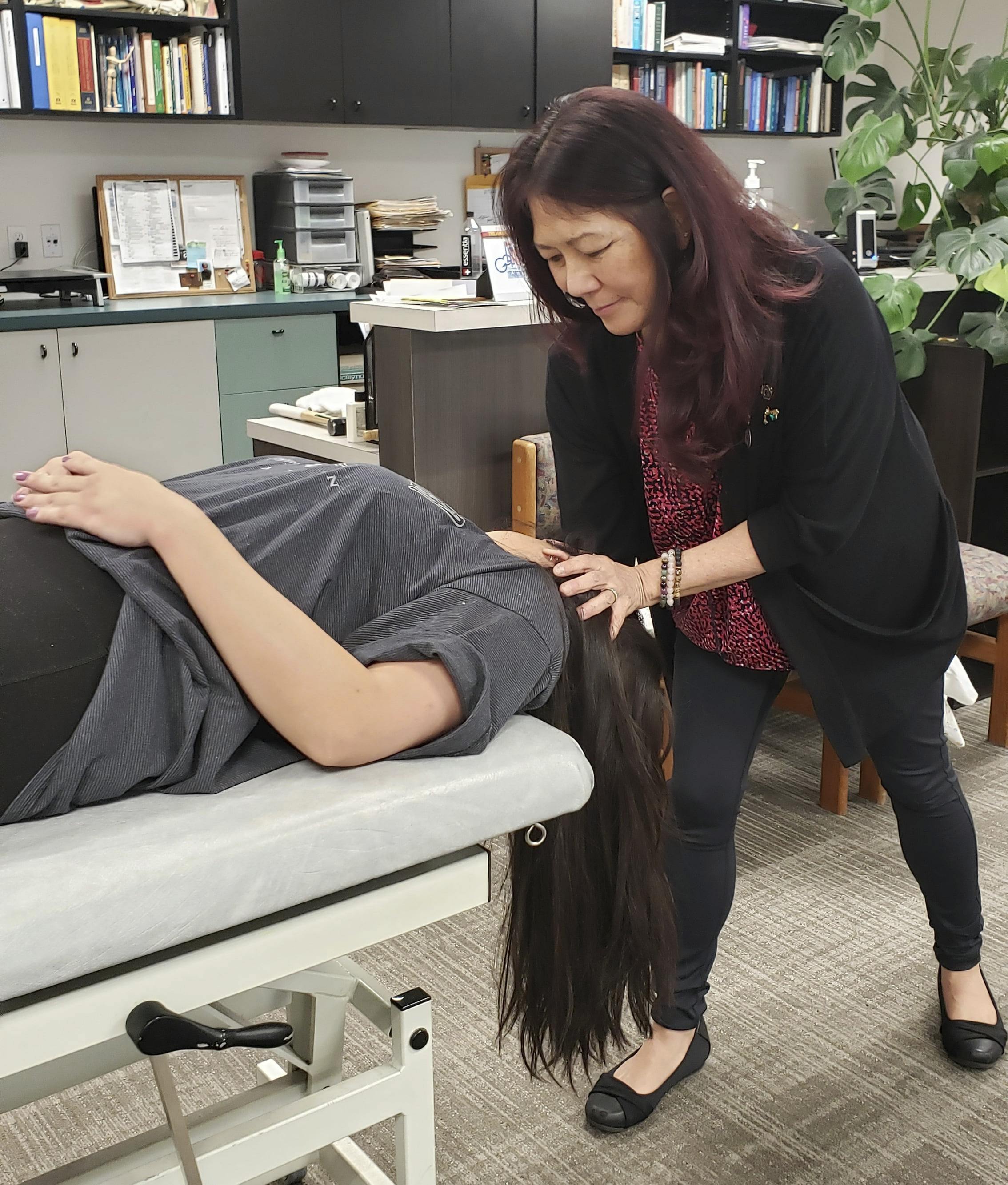Balance & Vestibular
The body maintains balance and position through a carefully orchestrated network called the vestibular system, which is the body's navigation system. The inner ear is often implicated when balance goes awry, but the ear is only one part of the dynamic vestibular system that includes vision, muscles, joints and the brain - virtually the entire body. When any link in the chain is broken - including the inner ear - the result can be vertigo, dizziness, and falls.
The Symptoms
Because the vestibular system - part of the inner ear - interacts with other parts of the nervous system, the symptoms of vestibular dysfunction is characterized by any of a number of symptoms, including:
- Dizziness
- Fullness in the ears
- Imbalance when walking
- History of falls or stumbling
- Nausea
- Anxiety
- Change in activity level
Individuals may also experience or muscular aches, motion sickness, blurred vision, an inability to concentrate and sensitivity to noise and bright lights. These symptoms may be mild, lasting a few minutes, or severe, resulting in total disability.
The Causes
Vestibular disorders can be caused by a wide range of injuries, illnesses and conditions, including:
- Labyrinthitis
- BPPV
- Meniere's disease
- Balance Dysfunction
- Falls or fear of falling
- Stroke
- Multiple Sclerosis
- Brain injury, including whiplash
- Ear or other viral infection
- Vestibular deterioration with aging


